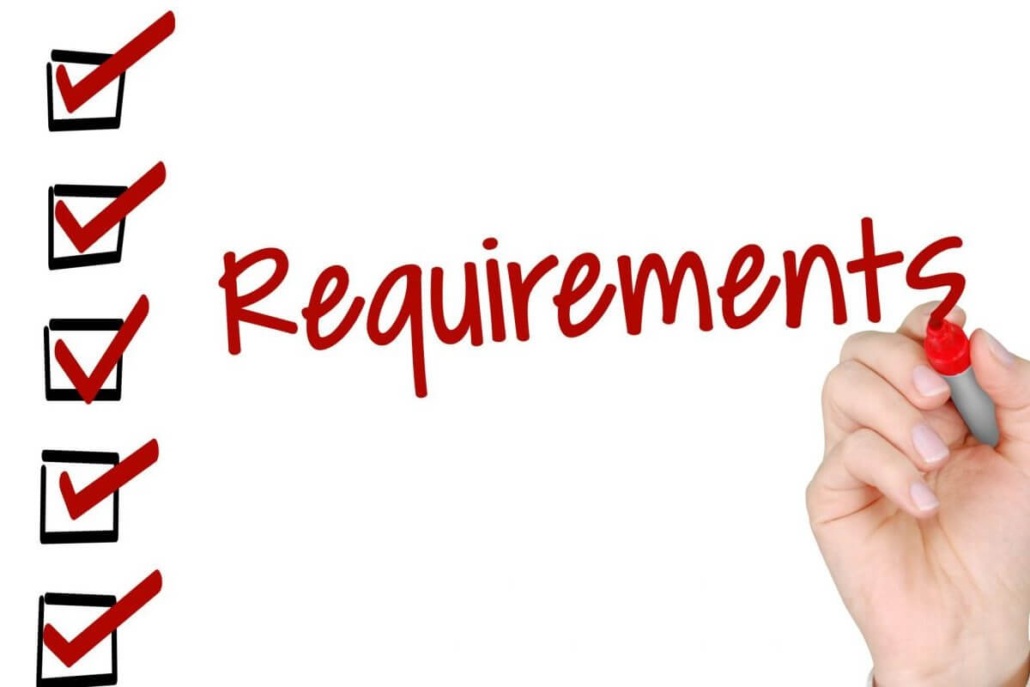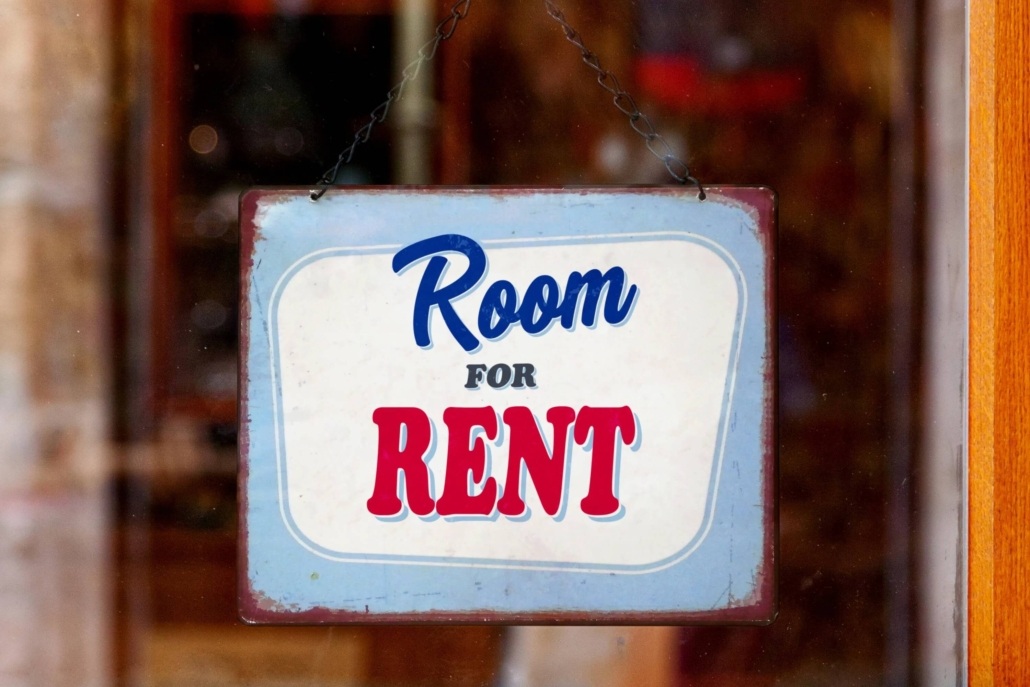Overview of the Airbnb Regulations in Richmond, BC
Introduction to Airbnb Regulations in Richmond, BC
Airbnb has become a popular alternative to traditional hotels for both travelers and property owners, offering unique accommodations and experiences in various cities around the world. However, local governments are implementing regulations to manage the impact of short-term rentals on housing markets and communities. In this article, we will provide an overview of the Airbnb regulations in Richmond, British Columbia, a city known for its diverse culture and scenic beauty.
Read also about Airbnb Regulations in Milton, Ontario: A Comprehensive Overview.
The Importance of Understanding Local Regulations
Before listing a property on Airbnb or booking a stay in Richmond, it is crucial for both hosts and guests to understand the local regulations governing short-term rentals. The City of Richmond enforces these regulations to ensure that short-term rental properties do not have a negative impact on the neighborhood or housing market. By following these rules, both hosts and guests can have a good experience with Airbnb and help the local economy.
Definition of a Short-Term Rental in Richmond
In Richmond, a short-term rental refers to the leasing of a portion of a residential unit for periods shorter than 30 consecutive days, primarily for overnight accommodations. This exchange is typically financial, making it essential for operators to be duly registered with the City of Richmond.
Short Term Residential Rentals – City of Richmond, BC

Mandatory Registration and Licence Options
To legally operate a short-term rental, proprietors must register with the City and obtain one of two specific business licenses, each tailored to different property types. It’s crucial to meet all qualifying criteria to be eligible for a license.
Bed and Breakfast (B&B) Business Licence:
Eligibility Criteria:
- The property must be a single detached house (excluding apartments, duplexes, or townhomes) and operated by the registered owner or an immediate family member with the owner’s explicit consent.
- The operator must use the home as their primary residence.
- There is a requirement to inform neighbors about the B&B operation and provide contact details.
- Limitations include renting a maximum of three rooms simultaneously and accommodating no more than two guests per room, totaling a maximum of six guests.
- A 500-metre distance must be maintained from existing B&B operations.
Boarding and Lodging Business Licence:
Eligibility Criteria:
- This license applies to various property types, including single detached houses, duplexes, apartments, and townhouses.
- The operator, who must be the registered owner or a director of a corporate registered owner, needs to reside in the home.
- A maximum of two guests are allowed at any one time.
- In strata buildings, written permission from the strata council is necessary, along with adherence to all strata bylaws.
- Operators cannot provide separate cooking facilities in guest rooms, and the operation is not permitted in secondary suites, coach houses, or granny flats.
Restrictions and Compliance for Both Licence Types
Both B&B and Boarding and Lodging licenses have strict no-go areas:
- Properties with secondary suites, granny flats, or separate cooking facilities in guest rooms are ineligible for a B&B license.
- The entire residence or residential unit cannot be rented out for short-term stays under any circumstances.
- Operators must live in the home as the host.
- Adequate liability and property damage insurance are recommended.
Preserving Community Integrity
Richmond’s regulations aim to preserve the quality of life in neighborhoods by controlling noise, traffic, and parking demands. This also ensures that short-term rentals do not diminish the supply of affordable long-term housing rentals in the community.
Regulatory Compliance
To maintain compliance:
- Short-term rental advertisements must clearly display the license number.
- Properties must adhere to all city bylaw regulations without active permits or non-compliant files.

Noise and Nuisance Control
Airbnb hosts in Richmond must be mindful of the impact their property may have on the surrounding community. The City enforces strict noise and nuisance control measures to protect the quality of life for residents. Hosts should clearly communicate these rules to their guests and ensure that they are followed. Failure to do so may result in fines or other penalties, including the suspension or revocation of the host’s business license.
Taxes and Revenue Reporting
Airbnb hosts in Richmond have to pay taxes on the money they make from renting out their rooms. This includes the Municipal and Regional District Tax (MRDT) and the Goods and Services Tax (GST). Hosts must report their rental income to the Canada Revenue Agency and may be required to charge and remit additional taxes, depending on their specific circumstances. It is essential for hosts to familiarize themselves with their tax obligations to avoid potential penalties.
Insurance Requirements for Airbnb Hosts
Hosts are responsible for obtaining adequate insurance coverage for their short-term rental properties in Richmond. This coverage should include liability protection in the event of an accident or injury involving a guest. Airbnb offers a Host Protection Insurance program, but hosts should review their existing home insurance policies and consult with an insurance professional to ensure they have the necessary coverage.
The Role of Airbnb in Enforcing Richmond’s Regulations
Airbnb works closely with the City of Richmond to ensure that local regulations are upheld by hosts and guests using the platform. The company shares data with the City to help identify non-compliant listings and enforce regulations. Airbnb also supports the City’s efforts to educate hosts about their responsibilities and provides resources to help hosts navigate the regulatory process. By collaborating with local authorities, Airbnb aims to foster a positive relationship between its platform and the communities in which it operates.
Explore Prime Airbnb Neighborhoods in Surrey.
Conclusion: Navigating Airbnb Regulations in Richmond, BC
In summary, understanding and complying with Airbnb regulations in Richmond is essential for hosts. By obtaining a business license, adhering to zoning and building code requirements, managing occupancy limits and minimum stay requirements, addressing noise and nuisance concerns, fulfilling tax and insurance obligations, and collaborating with Airbnb, hosts can create a successful and legally compliant short-term rental business in the city. By working together, hosts and the City of Richmond can ensure a sustainable and thriving short-term rental market that benefits all stakeholders.
Check out the Airbnb Regulations in Vancouver.












